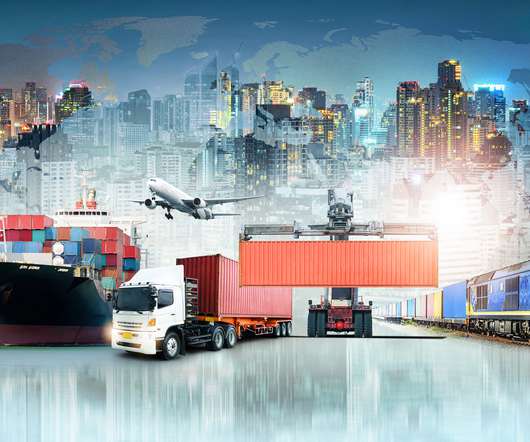Supply Chain Optimization Explained
ThroughPut
MAY 16, 2024
Powered by data analytics and advanced technologies, every stage of the supply chain can be critically analyzed, starting from procurement to distribution to identify and prioritize improvement opportunities. This opens up avenues to save procurement, transportation, inventory, and warehousing costs. What is Supply Chain Optimization?
















Let's personalize your content